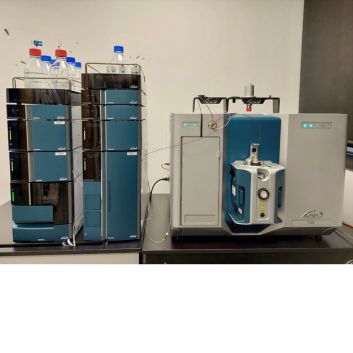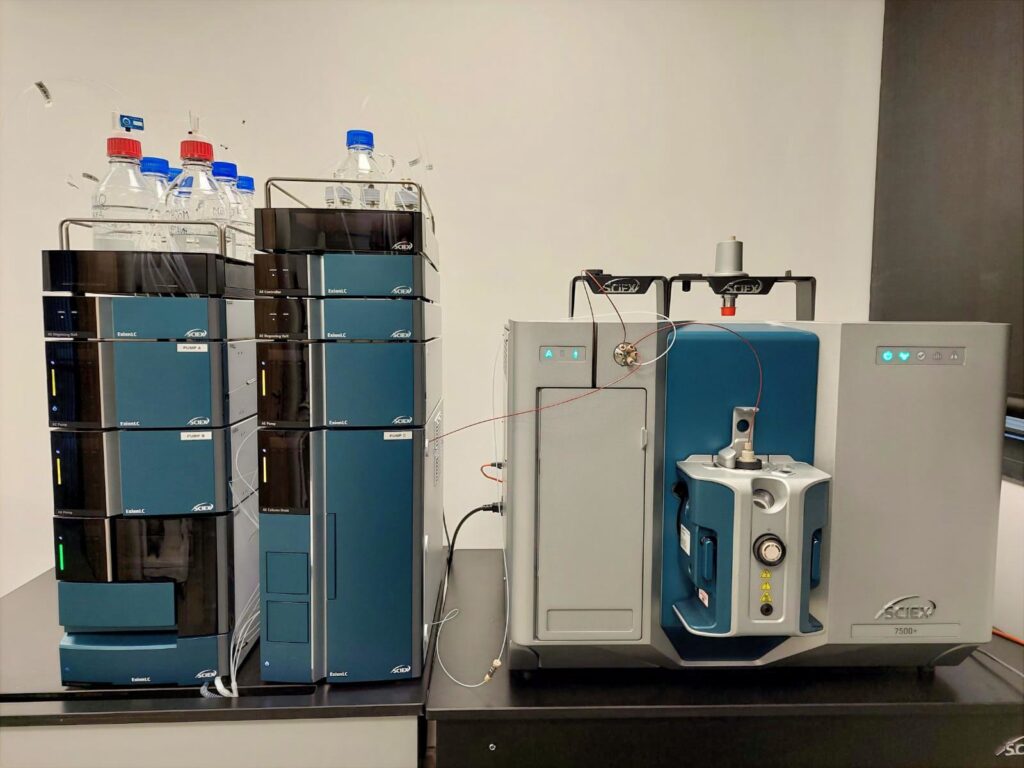
10 Oct EMATSA COLLABORS IN A PROJECT TO REMOVE PFAS FROM DRINKING WATER
The project, in which Aigües de Reus, Eurecat and the URV also participate, has received a subsidy within the framework of the State Plan for Scientific, Technical and Innovation Research 2024-2027
A consortium formed by EMATSA, Aigües de Reus, the Eurecat Foundation and the Rovira i Virgili University will develop new technologies to eliminate perfluoroalkyl substances (PFAS) from drinking water over the next three years. The PFAS-CLEARWATER project, with a budget of 786,000 euros, seeks to respond to the challenge posed by the presence of these compounds in water supply sources.
The project has obtained funding of 407,981 euros from the State Plan for Scientific, Technical and Innovation Research 2024-2027, co-financed by the State and the European Union. The State Research Agency, attached to the Ministry, has been in charge of granting and scientific validation of the project.
PFAS control
PFAS (perfluoroalkylates and polyfluoroalkylates) are compounds that are widely used in everyday products such as non-stick pans, fire extinguisher foams, paints and cosmetics, among others. These potentially toxic substances are known as “eternal chemicals”, as they can remain in ecosystems for long periods of time, accumulating progressively. In addition to having a high persistence in the environment, they also present enormous complexity when it comes to their elimination through conventional water treatments. Since December 2023, Spanish legislation has urged water companies to control these substances, while setting limits (0.1 µg/l for a sum of 20 individual PFAS) that must be met before January 2, 2026.
Technological research
The main objective of the PFAS-CLEARWATER project is to develop a water treatment scheme that integrates different advanced technologies and that allows these chemical compounds to be effectively eliminated and ensure compliance with current and future regulations on drinking water.
The proposed technologies are based on separation and/or absorption processes (modified activated carbon, ion exchange resins and membrane technologies such as nanofiltration and reverse osmosis) and on oxidation removal processes (chemical, electrochemical and photochemical). Depending on the results obtained during the project, these technologies may be applied individually or in combination.
The expected impact of the project is to achieve the improvement of drinking water quality and the generation of key knowledge for treatment plant operators and authorities responsible for drinking water regulation.
Ematsa
The project will start at the end of 2025 and will last three years. Ematsa, together with Aigües de Reus, will make available to the project several water intakes where the presence of PFAS has been detected. Thus, the Ematsa Laboratory will be responsible for taking samples and subsequent analysis, as it is equipped with the necessary technology to carry out the detection and characterization of these compounds. Eurecat and the URV will carry out the research into the various elimination processes, and depending on the results obtained, the most suitable location for the installation of an experimental pilot plant will be proposed.


